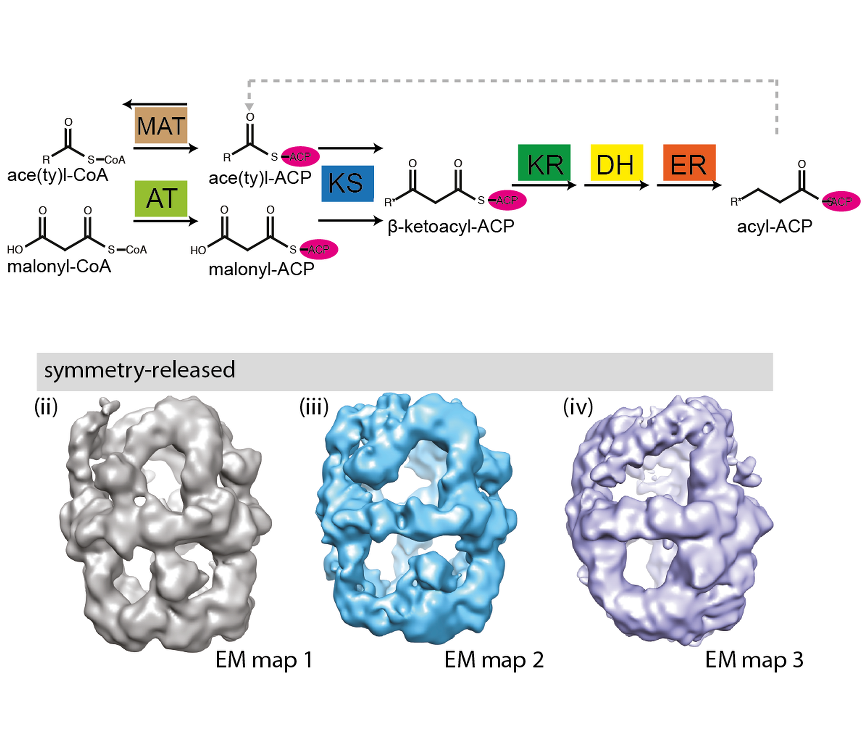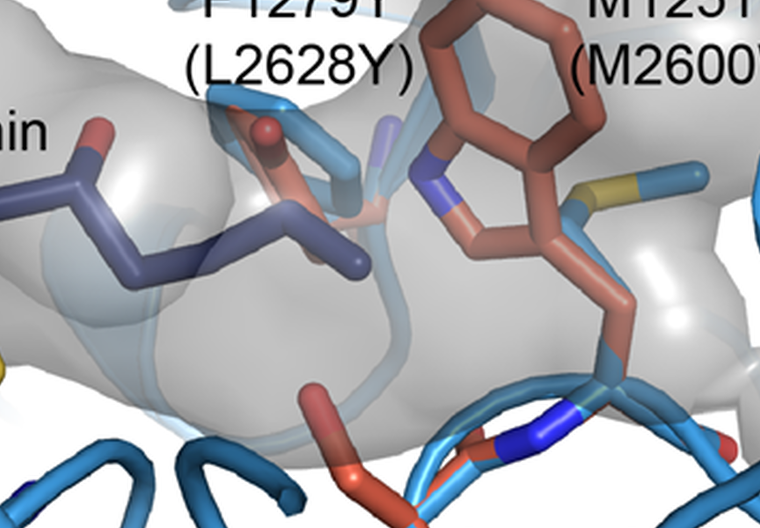Our research
and its applications
We characterise selected proteins to find out what they are good for and how they work in detail. Next we train these proteins, so that they are not doing their usual job, but new, designed functions relevant to biotechnology and health care.



